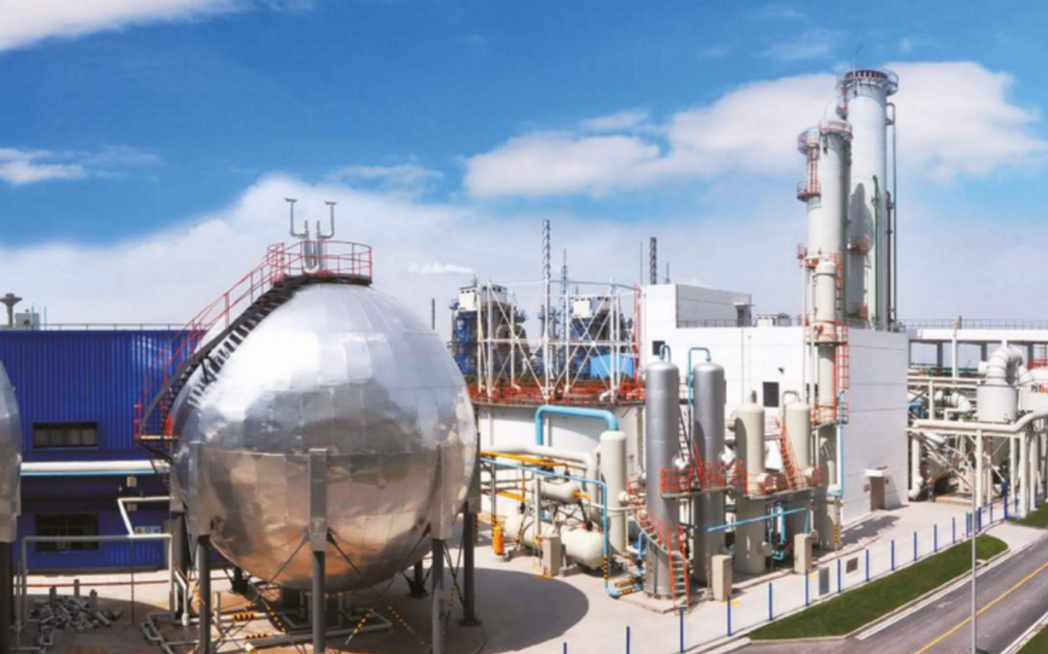A project that could have played a major part in Queensland meeting its net-zero targets has been stopped before it could even begin by the Queensland government.
The Queensland government has rejected Glencore's Carbon Transport and Storage Corporation application to run a three-year trial in which up to 110,000t of carbon dioxide per year would have been injected into the Surat Basin as part of a carbon capture and storage project.
Dubbed the Soda Stream solution by some, the CTSCo project aimed to put food quality CO2 into the aquifer.
However, the Queensland Department of Environment, Science and Innovation said the risks to groundwater in the Great Artesian Basin were too great.
YOU MIGHT ALSO LIKE
"The assessment also found that CO2 injected into the aquifer could migrate, likely causing irreversible or long-term change to groundwater quality and environmental values if the project were to proceed," the department said.
"This includes potential increased concentrations of contaminants including chloride, sulphate, salinity, various metals, and metalloids including lead and arsenic."
Disappointing
A Glencore spokesman called the decision disappointing.
It came after a "damaging misinformation campaign and political opportunism by multiple players", he said.
"The CTSCo project was a test case for carbon capture and storage in Queensland and today's decision highlights the Queensland government's failure to reconcile conflicting legislative provisions to enable CCS projects in Queensland," he said.
"With this decision the Queensland government has now effectively banned carbon capture and storage projects in Queensland.
"It's a missed opportunity for Queensland and sends mixed messages on emissions reduction to industry who are looking to invest in low emission technologies, including CCS."
Glencore is continuing to "consider opportunities" for investing in CCS.
Net zero at risk
Low Emission Technology Australia chief executive Mark McCallum said the decision put Queensland's net zero ambitions and the future of the state's critical industries at risk.
LETA has been a partner in the CTSCo project since 2014, as part of a group providing funding and technical support.
"Queensland has set ambitious net zero targets including 75% net zero by 2035," McCallum said.
"Following today's decision, Queensland's net zero ambitions will cost more, take longer and may even be impossible.
"This result is very disappointing for the future of Queensland's critical industries including power generation and manufacturing. Without a credible solution for reducing emissions from these hard-to-abate industries, their future becomes uncertain, and Queensland jobs and communities are put at risk."
McCallum said the decision also raised significant concerns about inconsistencies in Queensland legislation.
"While one act of legislation facilitates and encourages investment in carbon storage, there is a technicality in another act that prevents a project like CTSCo from moving forward," he said.
"Reducing greenhouse gas emissions is critical and carbon capture and storage technology has an important role to play as part of a portfolio of actions to reduce emissions.
"The CTSCo project has been independently reviewed by Australian and global experts, including the Australian Government Independent Expert Scientific Committee, the Queensland Office of Groundwater Impact Assessment and CSIRO who concluded that any impacts would be local and minor.
"Given the conclusion of those expert bodies, today's decision is hard to accept."
McCallum said if the CTSCo project did not go ahead Queensland would effectively be closing the door on CCS technology and turning its back on the future for some critical industries.
"Around the world, governments, including in the US, UK and EU, are investing billions of dollars in CCS technologies to support emission reduction efforts of large critical industries like steel, cement and power," he said.
"Australia cannot afford to be left behind when it comes to supporting the adoption of this important technology."

























